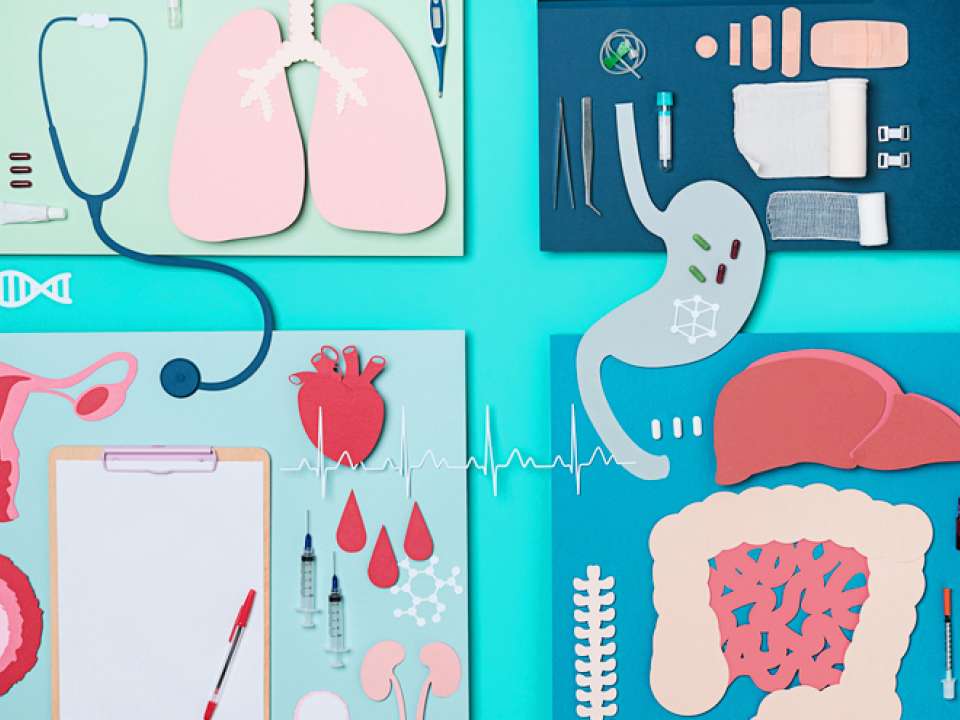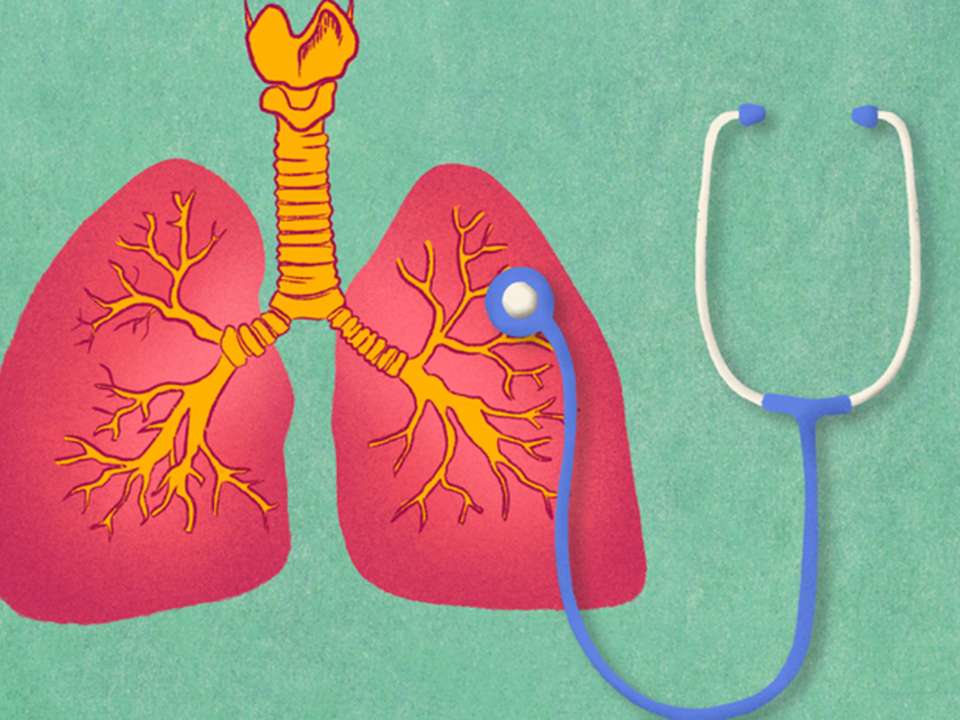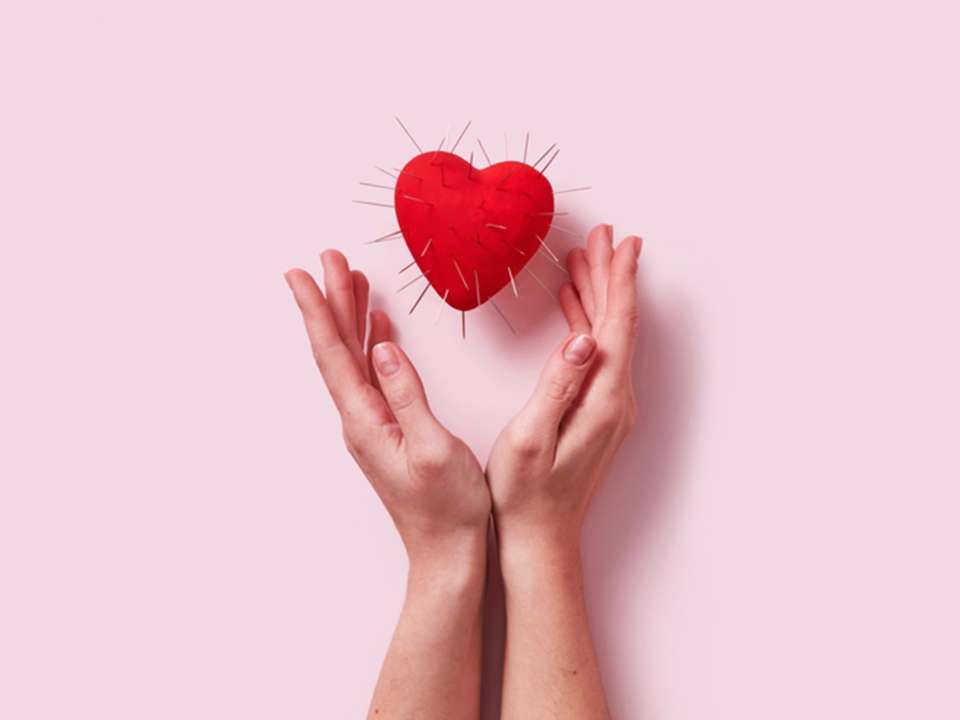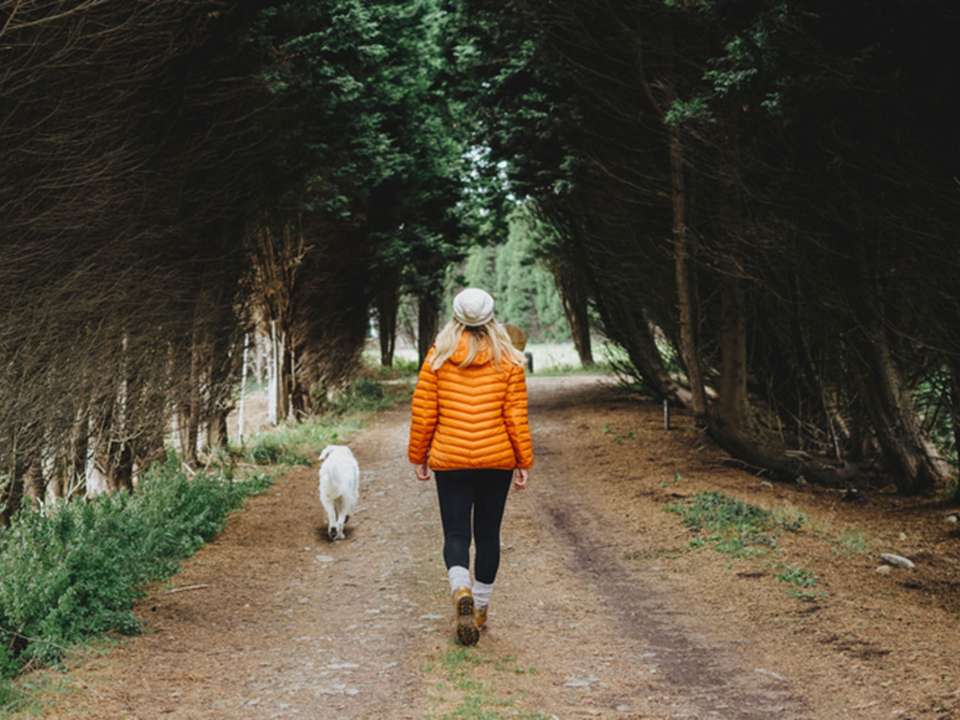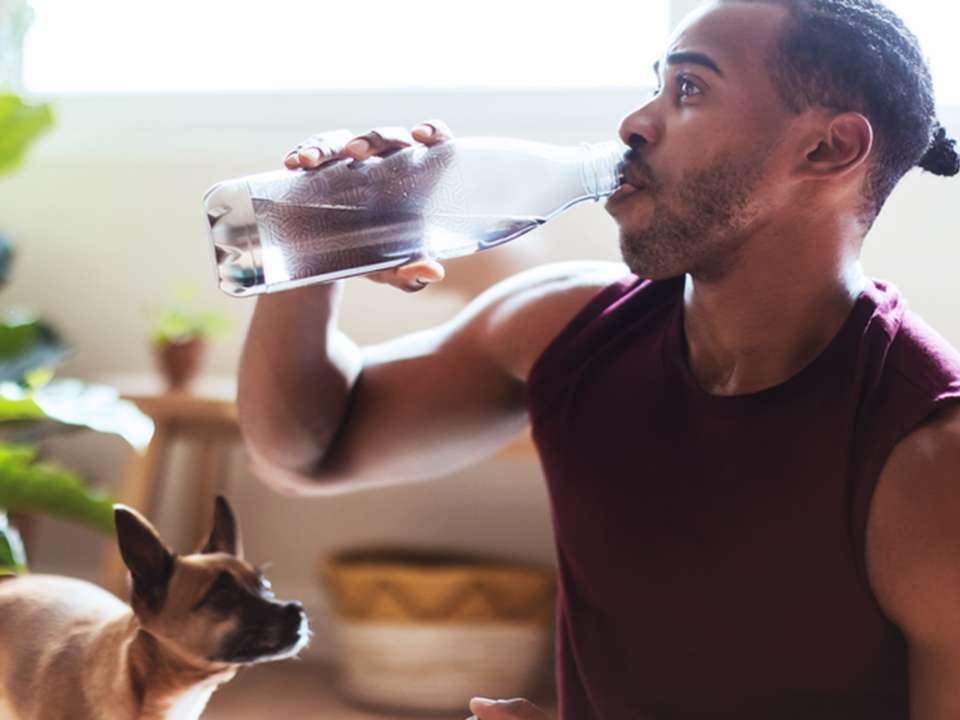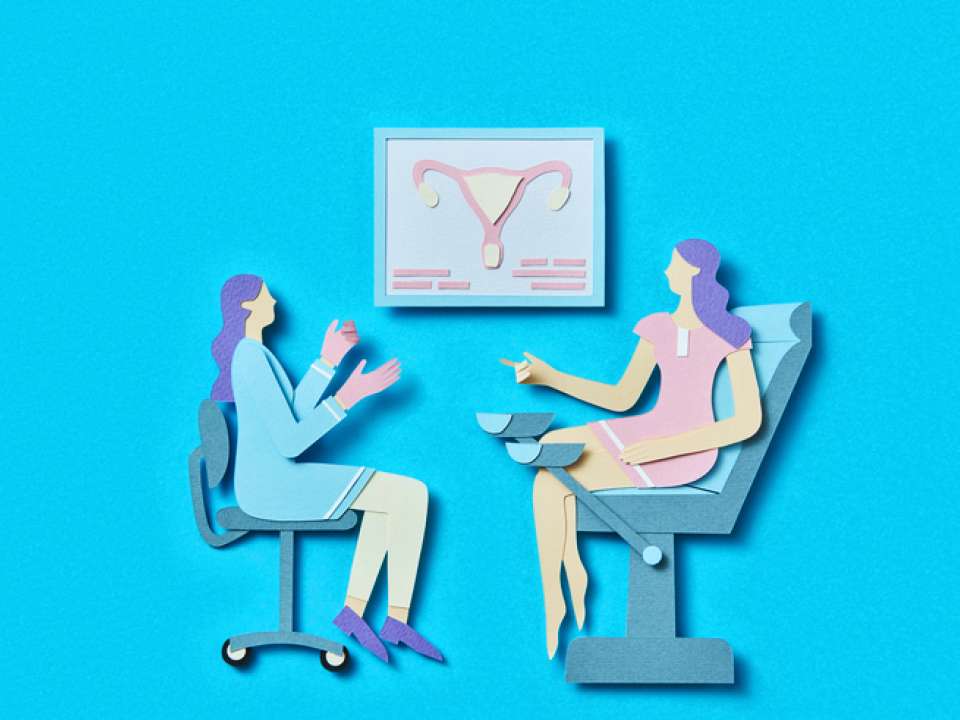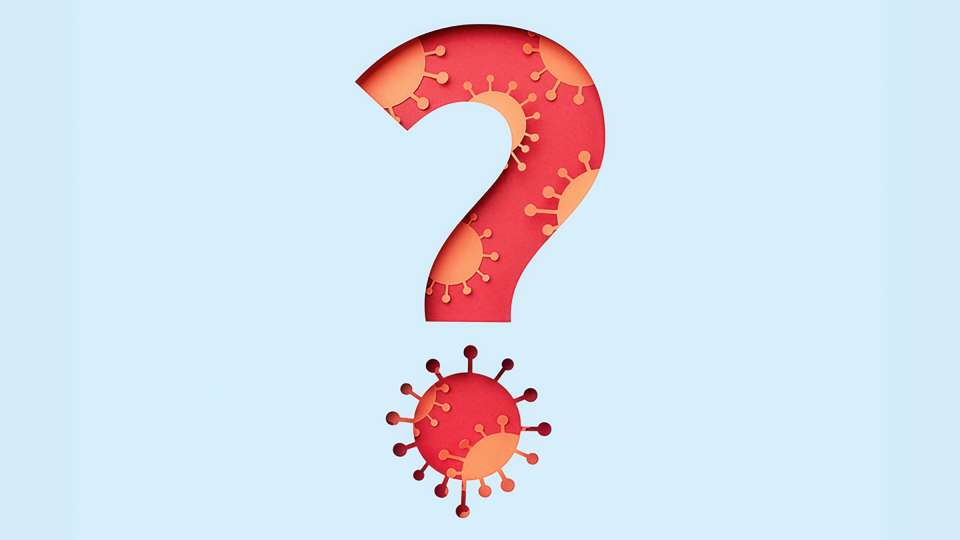
When the COVID-19 pandemic first began, myths and misinformation about the new coronavirus and its resulting disease spread like, well, a virus.
Now, more than six months in, medical experts are still trying to bolster the facts and banish the fiction.
To help do just that, UW Medicine infectious disease specialist Dr. Jan Agosti debunks some lingering myths about COVID-19.
MYTH: Children can’t get COVID-19
“In reality, children do definitely get and spread COVID-19,” Agosti says.
For example, the American Academy of Pediatrics notes that children accounted for 10.3% of all COVID-19 cases in the United States as of mid-September.
But while children do get and spread COVID-19, they are much less likely to die from it than adults. Of the more than 190,000 people in the United States who died from the disease between February and July, only 64 were younger than 10.
“While the risk of death is much lower, the risk of significant infection is still present, so children should follow the guidelines that everyone follows as much as possible,” Agosti notes.
MYTH: You can get COVID-19 from your pet
While there are reports of a small number of household pets becoming infected with COVID-19, it’s highly unlikely that you can get it from your cat or dog.
“If we look at the epidemiological patterns, it’s a very low risk that your pet spreads it to you,” Agosti says. “We say it’s low risk because it’s just not happening.”
That said, it’s a good idea to treat your pet like you would anyone else in your household: Don’t let them socialize with other pets or people outside your “pandemic pod” and be sure to isolate from them if you or someone else ends up becoming sick with COVID-19.
MYTH: The flu shot protects you from COVID-19
As much as you might want this to be true, it’s simply not.
That’s because the seasonal flu and COVID-19 are two different diseases caused by two different viruses: influenza versus the new coronavirus.
“The flu shot does not directly protect you from COVID-19, but it’s still a really good idea to get it every year and especially this year,” Agosti says. “Getting a flu shot can make sure you’re protected from getting a double whammy of COVID-19 and flu.”
MYTH: You have to be with an infected person for 15 minutes to get COVID-19
Dubbed the “15-minute rule,” this myth likely stems from Centers for Disease Control and Prevention (CDC) guidance about what to do if you’ve been within six feet of someone who is suspected or confirmed to have COVID-19 for 15 minutes or more.
While close proximity for a longer period of time makes it more likely for you to get COVID-19 from someone else, it doesn’t mean that’s the only way you can get sick.
“You can get exposed in a shorter period of time,” Agosti notes. “If you get a high level of exposure, a short time is all that’s needed.”
For example, if you’re close to someone who is coughing or sneezing and not wearing a mask — yes, even outside — you can get infected in far fewer than 15 minutes.
MYTH: Drinking, gargling or injecting disinfectants can kill the coronavirus
This myth isn’t only false, it’s also dangerous, Agosti says.
Ingesting chemicals like bleach and hand sanitizer not only irritates your airways — making you more susceptible to becoming sick — it can also result in blindness, hospitalization and even death.
The bottom line? Use these products for cleaning around your home, not the inside of your body.
MYTH: You’ll definitely have a fever if you have COVID-19
While a fever is one of the known symptoms of the disease, experts caution that you don’t need to have one in order to be infected or to spread the virus.
“You could be infected but be in the incubation period, when your symptoms just haven’t shown up yet,” Agosti says. “The other situation is people who are asymptomatic, meaning they are infected and infectious but don’t get sick.”
In fact, as many as 40% of all COVID-19 cases may be asymptomatic.
MYTH: If you already had COVID-19, you’re now immune
File this one away as a maybe, Agosti says.
While it’s true that having antibodies can offer some level of protection from a virus — after all, that’s how vaccines work — medical experts still have a lot to learn about how the new coronavirus operates.
There have even been a handful of reinfections reported in those who had previously recovered from the disease.
At this point, scientists don’t yet know how long coronavirus antibodies last or whether they lead to lasting immunity, so it’s still important to wear a mask, wash your hands and keep your distance from others.
MYTH: 5G networks spread COVID-19
Fifth-generation cellular networks, dubbed 5G, have been blamed by some conspiracy theorists for spreading the coronavirus. Some people have even burned down 5G towers as a result.
So is this something you actually need to worry about?
No, Agosti says.
That’s because — with the exception of a computer virus (which humans can’t catch) — all viruses are spread physically, either via droplets, aerosols or a contaminated surface.
MYTH: Hospitals aren’t safe because of COVID-19
In the early days of the pandemic, you might have worried that going to see your doctor meant you’d be exposing yourself to sick people at the hospital or clinic.
In reality, Agosti says, hospitals are probably safer than your average business or restaurant.
“Because there are very strong precautions in place at hospitals and clinics, and healthcare workers understand the importance of personal protective equipment, you could actually be safer there,” she notes.
MYTH: You only need to get tested for COVID-19 if you feel sick
This myth largely stems from a controversial change the CDC made to its testing guidance back in August, in which the health institute said people only need to get tested if they have symptoms.
Given the large percentage of people who are asymptomatic, Agosti and many other health professionals disagree.
“If you’ve been exposed to someone who was diagnosed with COVID-19, you should get tested yourself, even if you’re not sick yet,” she explains.
MYTH: A mask is all you need to protect yourself from COVID-19
While masks are an essential component to preventing the spread of the pandemic — and you should wear one whenever you’re around others — they are not the only safety measure you should be taking.
Even if you’re wearing a mask, you should still keep your physical distance from others outside your household and thoroughly (and frequently) wash your hands.
If everyone follows these three basic safety measures, we have a better chance of preventing further spread of the pandemic.
The info in this article is accurate as of the publishing date. While Right as Rain strives to keep our stories as current as possible, the COVID-19 pandemic continues to evolve. It’s possible some things have changed since publication. We encourage you to stay informed by checking out your local health department resources, like Public Health Seattle King County or Washington State Department of Health.

 Healthy ideas for your inbox
Healthy ideas for your inbox
